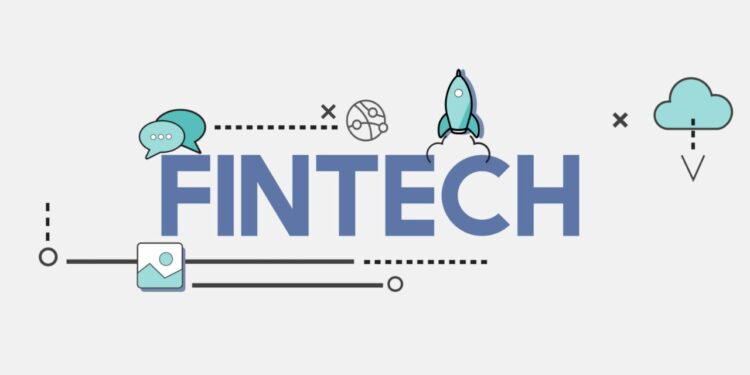In recent years, the modern, global economy has experienced a major digital shift. Because of this, FinTech businesses are now more relevant and crucial to their development than ever.
The global pandemic, which has compelled people to spend more money online and similarly monitor and manages their financial, has also boosted them.
FinTech businesses helped people on self-isolation receive loans remotely through their devices, invest their money, store bitcoin, and make everyday purchases even after the COVID-19 slump. Fintech firms were able to spread awareness of virtual banking services and products. Now, a large number of customers use them online rather than just a select few.

FinTech Forecasts
Competition in this area is also increasing, but the demand for FinTech solutions is overwhelming. The point is that very few companies offer high-quality and convenient software for working with payment instruments. Using the Wallester platform as an example, you can see what financial services software should look like. Such solutions help you compete in the market and meet ever-increasing customer demands.
According to experts, financial technology will continue to develop relentlessly. Already in 2028, the market capitalization of this market will exceed $330 billion, with an annual growth rate of 19.8%. For anyone thinking of starting their own fintech company, this is a great signal. There is a window of opportunity opening up for them in the years to come. To use this window, you need to follow some simple steps. They are all featured in this quick guide to starting your own fintech business.
FinTech Trends
Before starting your own fintech business, you must choose the business model that will guide its operations. Let’s make a list of the most well-liked and successful ventures in this field.
Neobanks
A digital bank is a neo-bank. Unlike conventional banks, it doesn’t need a banking license. This banking institution is only reachable by phone or online.
There are no physical branches or representative offices for non-banks. This eliminates the need to hire a sizable workforce or rent space, machinery, and transportation. It enables neobanks to provide complete services to customers at a cheap cost and in advantageous conditions for them.
Neobanks also offer online transactions for most international currencies, which is an advantage. They offer quick, safe, profitable payment methods that help firms stay flexible and competitive.
Bitcoin exchangers
It can be exchanged for fiat currency and other digital currencies to facilitate payments for goods and services in cryptocurrencies. A unique platform is being developed for buying, selling, and exchanging cryptocurrencies. The most famous of them are Coinbase, Binance, and Crypto.com. Each has many asset and cryptocurrency pairs that can be exchanged.
Wallester also has already partnered with the KuCoin Exchange. As a result, Visa physical and virtual cards named KuCard will soon be available in the EU market. This opens up new opportunities for both common cardholders and those who have chosen and earned on cryptocurrency platforms.
In recent years, the popularity of cryptocurrencies has increased dramatically. In addition to traditional well-known cryptocurrencies such as Bitcoin, Litecoin, and Ether, many new digital coins are emerging. Never run out of cash when you launch a centralized digital platform. When starting such a project, you should first pay attention to the security of the platform, because the main problem is constant attacks by hackers. Without proper protection, these attackers can easily steal funds from customer wallets. To prevent this, you should use a reliable fintech platform that is well-protected against hacking.


















